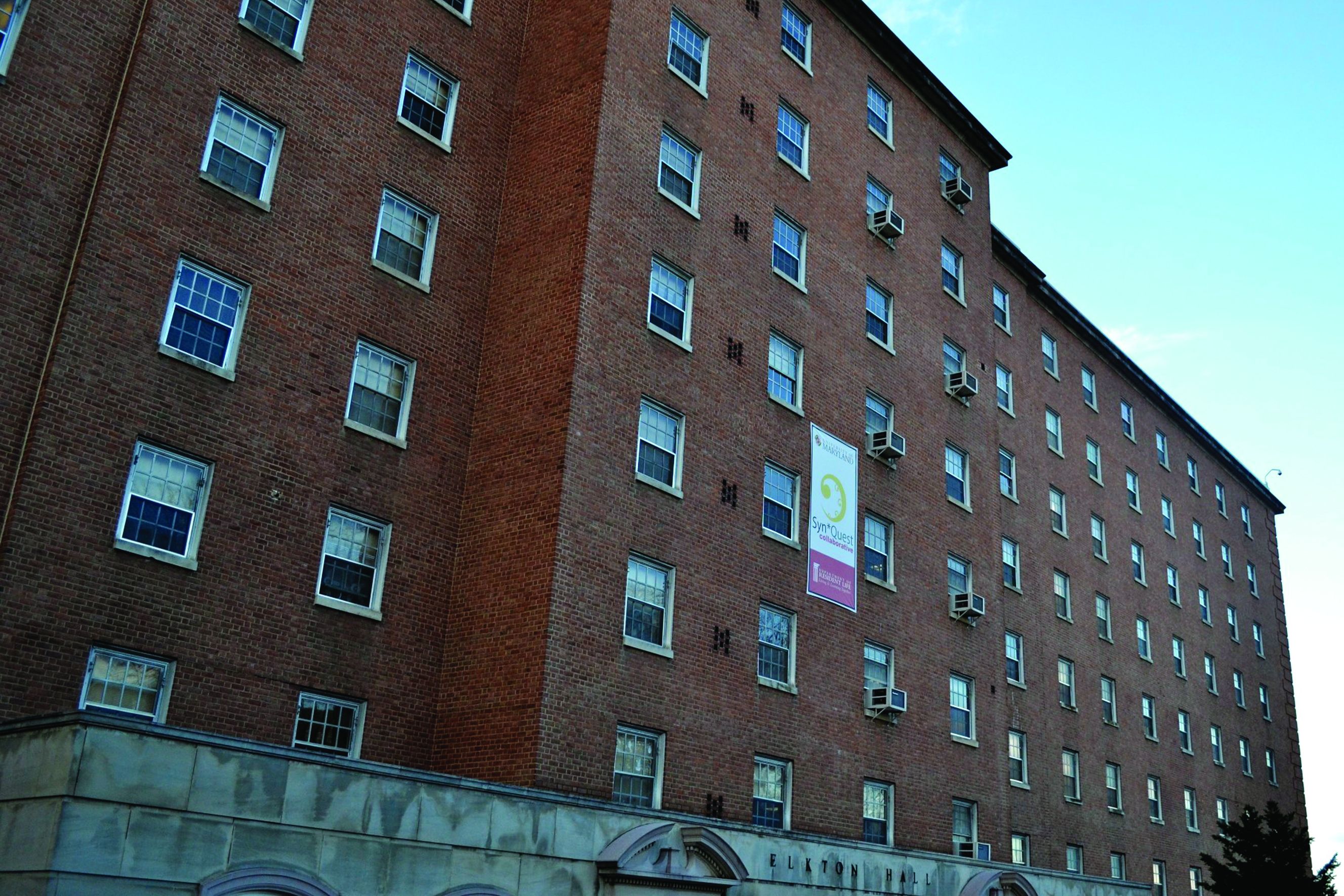After at least 40 University of Maryland students tested positive for adenovirus and one student died from a serious strain of it, the school has begun expanded cleaning measures.
Starting Monday, hired contractors are going through dorm rooms and on-campus apartments and sterilizing “frequently-touched surfaces” — such as counters, faucets and light switches — to prevent the spread of the virus, as well as the flu and other illnesses. They’re also cleaning bathrooms and kitchens in rooms that have them.
“Residential Facilities staff is taking advantage of this winter break while many students are away from the residence hall rooms to complete this work,” Department of Residential Facilities Director Andrea Crabb said in a statement. “The winter break room surface disinfecting project is above and beyond typical protocol.”
[Read more: There have been at least 22 cases of adenovirus at UMD]
The adenovirus outbreak has led to several students being hospitalized and one student dying. Olivia Paregol, a freshman criminology and criminal justice major, died in November from pneumonia caused from a more serious strain of the illness.
Ten specimens sent to the Centers for Disease Control and Prevention have tested positive for adenovirus 7, a more dangerous form of the virus, according to a university release from December.
Residential Facilities started to clean dorms more frequently in early November after the adenovirus began to spread, but the individual room cleaning didn’t begin until winter break to limit the disruption to residents, according to the department’s website.
[Read more: “A light wherever she went”: Olivia Paregol remembered for her fun-loving nature]
The new protocols — which are intended to cover all dorms, suites and apartments on the campus — still gave students the chance to opt out of the sanitization prior to winter break.
In rooms that are cleaned, contractors will not wipe down floors, walls or windows, as well as surfaces with residents’ belongings on them. However, they will disinfect bathroom floors.
Crabb said in a statement that students will receive a document after returning from break noting which surfaces were and weren’t cleaned.
The university has previously denied a connection between the adenovirus outbreak and the proliferation of mold on the campus, noting that students had been afflicted with the virus both on and off the campus.
This story will be updated.
Staff writer Alexander Dacy contributed to this report.



